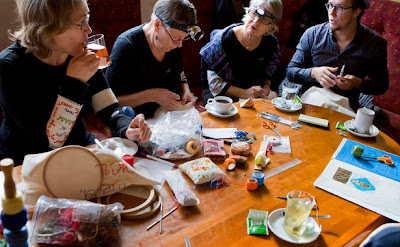My article 'Being in Two Minds' and interview 'Beyond Belief' with artist Ben Judd have both been published in the online magazine /Seconds. The interview has also been published in the online journal Soanyway, in Issue 7, Something and Nothing.
Soanyway is an international project centred on words, pictures and sound that tell stories. We interpret the idea of a ‘story’ very openly, in relation to fact and fiction, narration or implication, and structure or a lack of it. And we regard most history, theory and critique as stories about stories. The work is eclectic as usual, including writing, poetry, music, photography, painting, and video.


















